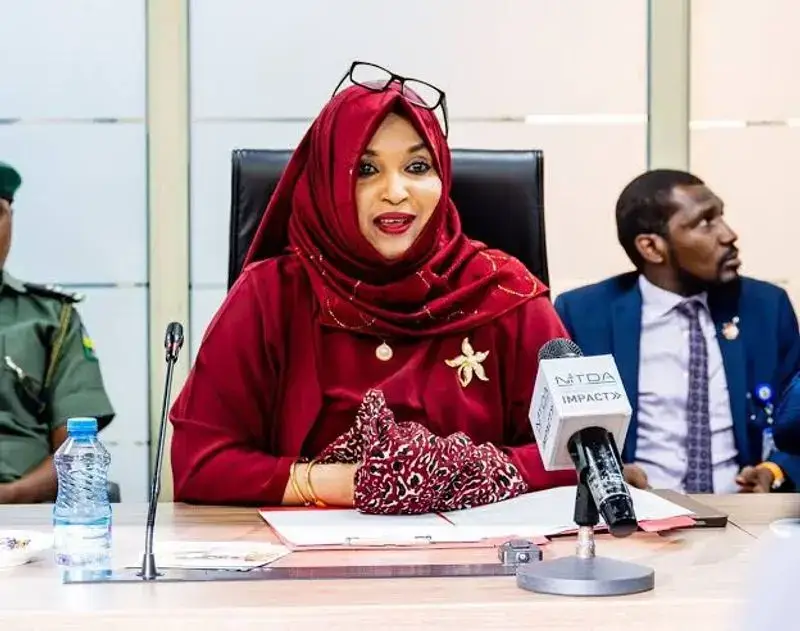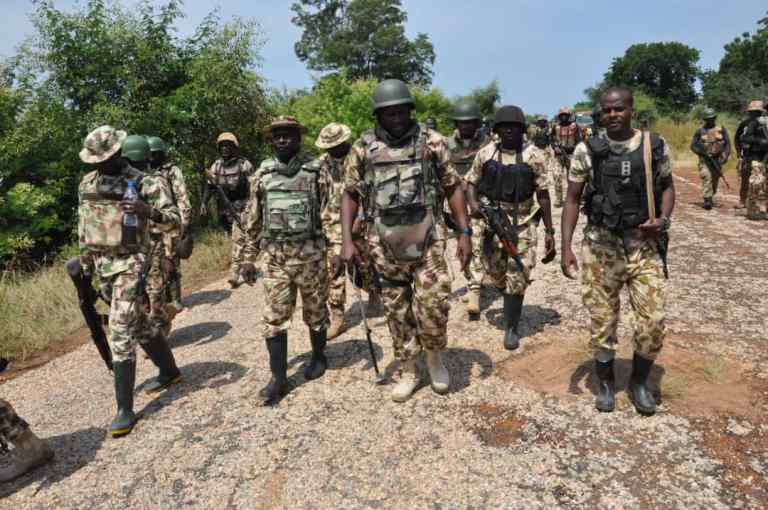 The VP of ECOWAS Commission said over
The VP of ECOWAS Commission said over
7.3 million people have been displaced by conflicts and disasters
The Vice President of the Commission of the Economic Community of West African States (ECOWAS Commission), Damtien L. Tchintchibidja, raised the alarm over the number of people displaced by conflicts, violence, or disasters in the ECOWAS sub-region.
Putting the figure of forcibly displaced persons at 7,337,979, the Vice President noted that there were also 6,526,928 Internally Displaced Persons (IDPs) and 811,051 refugees and asylum seekers.
Tchintchibidja spoke when she received the delegation of the United Nations High Commissioner for Refugees (UNHCR) on Friday in Abuja.
“There are currently about 7,337,979 forcibly displaced persons due to conflicts, violence, and disasters in the ECOWAS region, including 6,526,928 Internally Displaced Persons (IDPs) and 811,051 refugees and asylum seekers,” she said.
The UNHCR high-level delegation, led by Assistant High Commissioner for Operations Mr. Raouf Mazou, Assistant High Commissioner for Protection Ms. Ruvendrini Menikdiwela, and Director of the Regional Bureau for West and Central Africa Mr. Abdouraouf Gnon-Konde, was at the ECOWAS Headquarters in Abuja to seek support for strengthening the relationship with the ECOWAS Commission toward sustainable programs in the region.
Welcoming the delegation, Tchintchibidja highlighted the prevailing humanitarian situation in the ECOWAS sub-region, blaming lingering conflicts that have led to the displacement of populations and, consequently, food insecurity, particularly in the Sahel and Lake Chad Basin regions.
Tchintchibidja urged the UNHCR to continue supporting the Commission and member states in implementing their Global Refugee Forum (GRF) pledges. She noted that ECOWAS has committed about $9 million from the humanitarian budget in 2024 to assist refugees, IDPs, asylum seekers, and stateless persons.
She assured the delegation that ECOWAS will continue working with the UNHCR to achieve durable solutions in the management of refugee situations while working towards the reduction and eventual eradication of displacements in the region.
In his remarks, Assistant High Commissioner for Operations Mr. Raouf Mazou applauded ECOWAS for developing the Regional Policy on Asylum and assured Tchintchibidja that the UNHCR will work closely with ECOWAS to implement programs. He added that a regional approach and strategy are needed for the current humanitarian situation.
The ECOWAS Commission and UNHCR used the occasion of the meeting to renew the Memorandum of Understanding (MoU) established between the two bodies last year amidst increased violent conflicts, disasters, and insecurity in some member states.

 3 months ago
77
3 months ago
77















 English (US) ·
English (US) ·